Hearing is a vital sensory function that influences multiple facets of human existence, from communication to emotional well-being. With the prevalence of hearing loss on the rise, there’s a pressing need to emphasize prevention. Maintaining one’s auditory health ensures not only the ability to perceive the world acoustically but also contributes to overall mental and social health. While numerous factors can impair hearing, understanding these causes and implementing protective measures can significantly reduce the risk. This article delves into understanding hearing loss, its primary causes, and how individuals can actively shield their ears from potential damage.
Contents
Understanding Hearing Loss
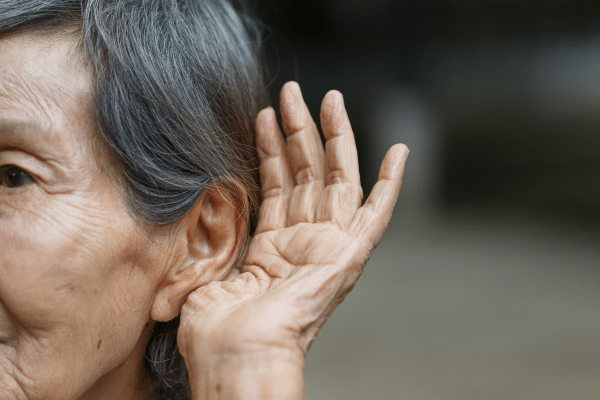
Hearing loss isn’t merely the inability to hear sounds. It’s a complex condition characterized by a reduced ability to perceive specific pitches or loudness levels. Depending on the cause and nature, hearing impairment can range from mild to profound, affecting either one or both ears. There are primarily three types: conductive, sensorineural, and mixed. Each type originates from various causes, which include genetic factors, infections, injuries, or prolonged exposure to loud noises.
The statistics related to hearing impairment are startling. Millions globally suffer from some form of hearing loss, with a significant percentage being preventable. The impacts of such loss extend beyond mere communication challenges. It can influence one’s mental health, leading to feelings of isolation, depression, and reduced cognitive function. Recognizing the signs early and seeking medical advice can help in managing the condition and prevent its progression.
The Role of Genetics and Aging
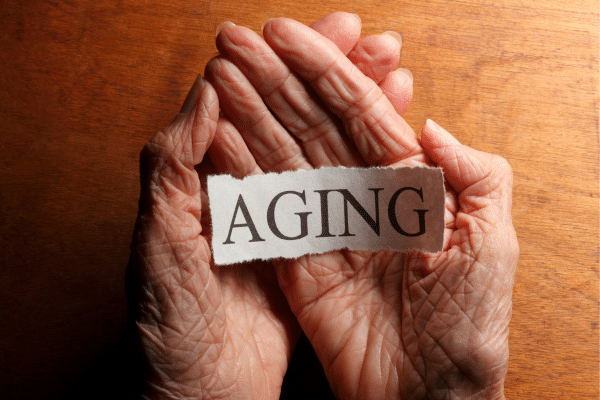
Genetics play an intricate role in determining the susceptibility of individuals to hearing impairment. Many people are born with genetic mutations that predispose them to early or progressive hearing loss. These inherited forms can manifest as syndromic, where hearing loss accompanies other health issues, or non-syndromic, where the impairment is the sole condition. It’s essential to recognize the role of family history and be proactive in regular hearing assessments, especially if there’s a known hereditary predisposition.
Age-related hearing loss, termed presbycusis, is a natural progression that affects many older adults. As people age, the structures of the inner ear, especially the hair cells that aid in sound transmission, start to deteriorate. This decline leads to a diminished ability to hear higher frequencies. Presbycusis is gradual, making it essential for older individuals to regularly monitor their hearing. Early intervention with devices like hearing aids can help manage the condition and improve the quality of life.
The Impact of Noise Exposure
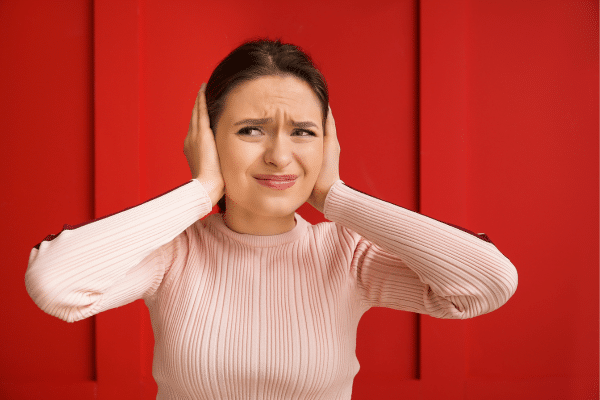
Noise-induced hearing loss, resulting from prolonged exposure to excessively loud sounds, is alarmingly common. Whether stemming from occupational hazards, recreational activities, or even day-to-day city noises, this form of hearing damage is preventable. Sounds above 85 decibels, which is roughly the loudness of heavy city traffic, can lead to hearing loss if one is exposed to them for extended periods. In more acute cases, even short bursts of extremely loud noises, such as an explosion, can instantly damage one’s hearing.
Everyday activities, like listening to music with earphones at high volumes or attending concerts without ear protection, can contribute to noise-induced hearing impairment. People often underestimate the cumulative impact of these seemingly harmless activities. It’s crucial to be mindful of the environments one is in and take measures like wearing earplugs or earmuffs in potentially harmful noise environments. Adopting these simple habits can ensure the preservation of hearing health.
Protective Measures in Daily Life
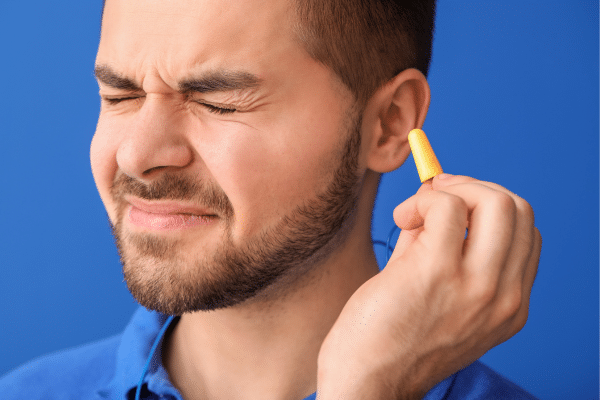
Hearing health doesn’t solely revolve around avoiding loud noises. Several daily habits can be adopted to reduce the overall risk of hearing loss. Keeping the ears dry, especially after swimming or bathing, can prevent infections that might impair hearing. Moreover, reducing the use of cotton swabs or similar objects to clean ears can prevent accidental damage to the eardrum or pushing wax further into the ear canal.
Using ear protection is a pivotal step in safeguarding hearing, especially in environments with consistent loud noises. Whether it’s for work in construction zones, mowing the lawn, or attending live events, earplugs or earmuffs can substantially reduce noise exposure. Additionally, taking regular breaks when exposed to loud noises and maintaining a safe distance from the source, like speakers at a concert, can further protect one’s ears.
The Significance of Regular Check-ups
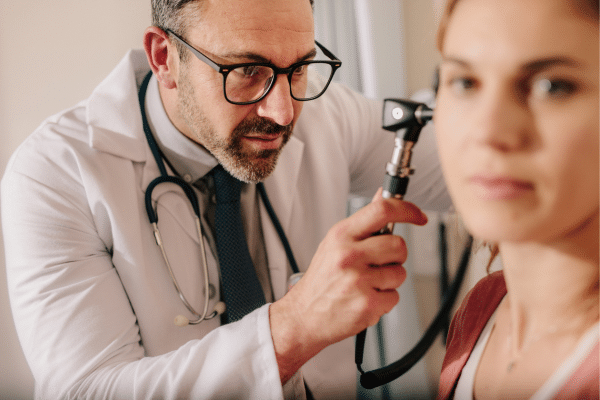
Routine hearing check-ups are a cornerstone of preventive care. These assessments allow for the early detection of potential issues, even before noticeable symptoms arise. Hearing screenings can pinpoint the type and degree of hearing loss, providing valuable insights for further management or interventions. For individuals with known risk factors or those above the age of 50, more frequent check-ups are often recommended.
An undiagnosed hearing impairment can worsen over time, leading to avoidable complications. By seeking regular evaluations, individuals can ensure timely interventions, such as the use of hearing aids or therapeutic measures. These actions can drastically improve the quality of life and avert the more profound social and mental implications linked to unmanaged hearing loss.
Technology and Its Role in Hearing Preservation
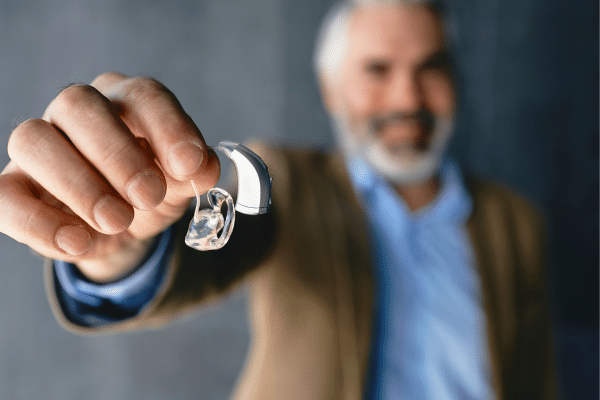
Modern technology has proven invaluable in both the prevention and management of hearing loss. Devices such as digital hearing aids have become more sophisticated, offering clearer sounds and noise-canceling features tailored to individual needs. Beyond amplifying sounds, these aids can filter out background noises, providing a more precise listening experience. Furthermore, many of these devices are now integrated with wireless technology, allowing for direct streaming from smartphones, televisions, and other audio sources.
Mobile applications dedicated to hearing health have also emerged. These apps can monitor noise levels in the environment, offering real-time feedback on potential risks. Some even provide auditory training exercises to enhance listening skills or simulate how hearing loss sounds to raise awareness. While technology cannot replace the human touch in hearing care, it plays a significant role in augmenting preventive measures and management techniques.
Nutrition and Hearing Health

The food individuals consume can influence their auditory health. Studies have shown a connection between certain nutrients and the maintenance of good ear health. Antioxidants, for instance, combat the free radicals that can damage the inner ear. Foods rich in vitamins A, C, and E, along with magnesium, can support this protective effect. Omega-3 fatty acids, commonly found in fish like salmon and tuna, have been associated with a reduced risk of age-related hearing loss.
A balanced diet that includes these nutrients not only supports hearing but promotes overall health. While some people opt for supplements to boost their intake of these vitamins and minerals, it’s always advisable to seek them from natural food sources. Alongside good nutrition, hydration plays a role too. Drinking adequate water can help maintain the health of the auditory system, as the inner ear requires a precise fluid balance to function correctly.
The Bottom Line
Protecting one’s hearing is a multifaceted endeavor, blending awareness, preventive measures, technology, and even diet. The stakes are high, with hearing loss impacting multiple facets of life, from personal interactions to mental well-being. Early detection, proactive habits, and leveraging the best of modern technology can ensure optimal auditory health. In an increasingly noisy world, making these conscious efforts to shield the ears is not just a health strategy but a commitment to maintaining a rich, full quality of life.


